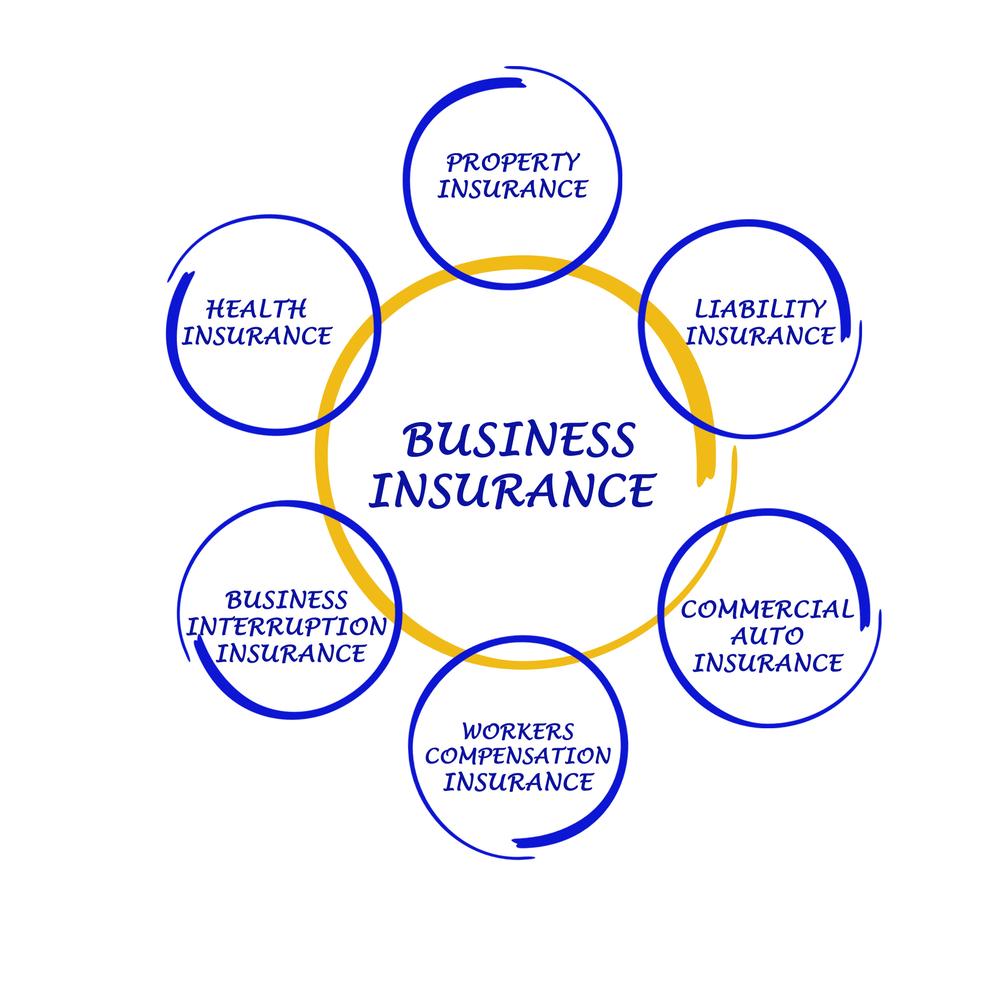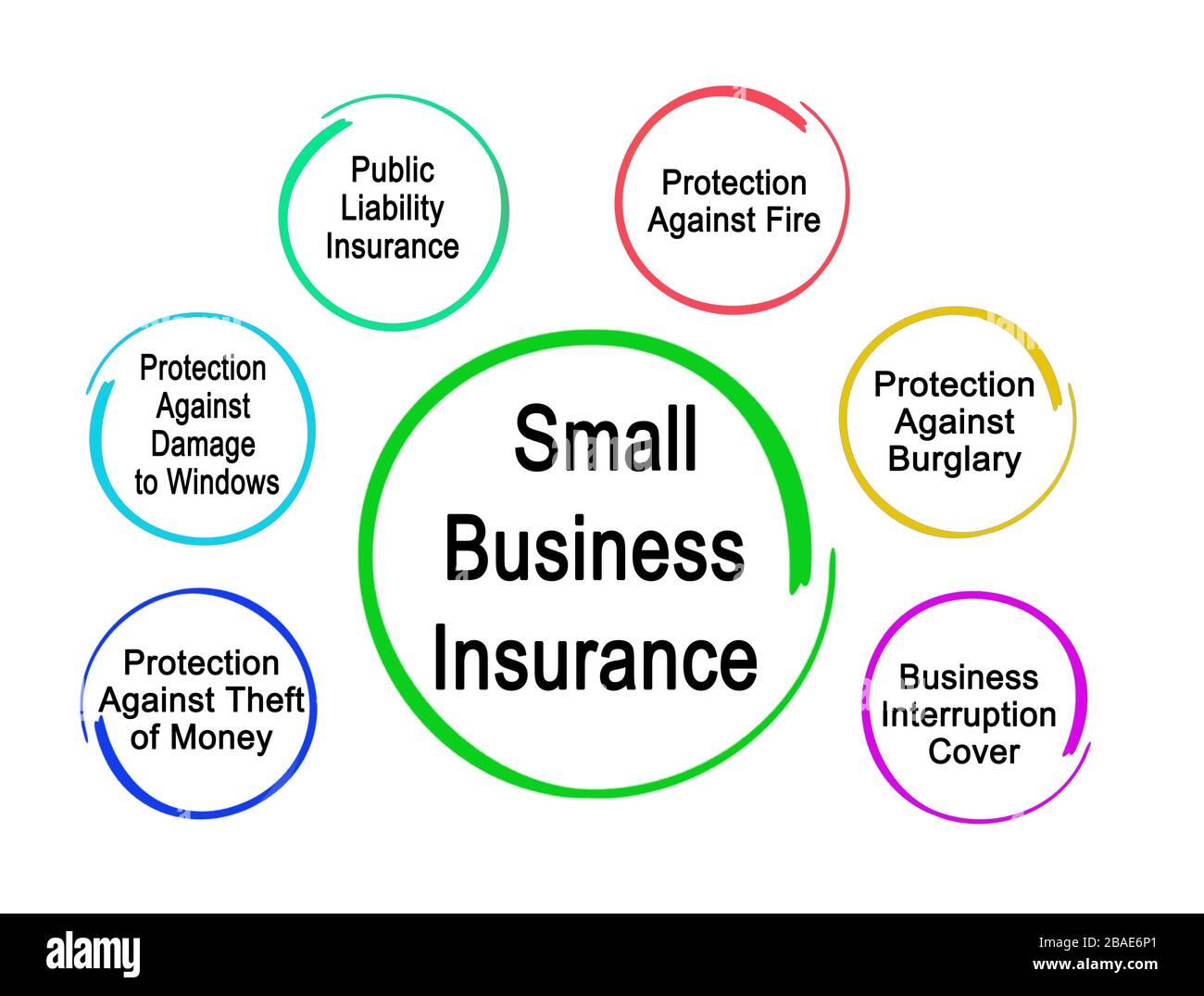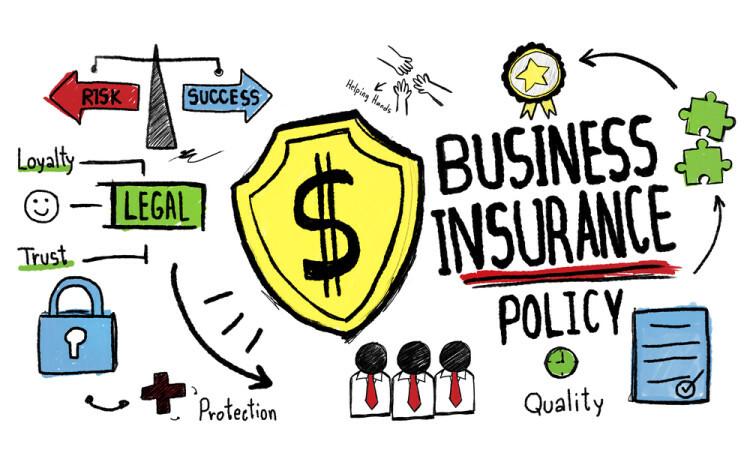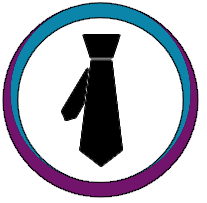Starting a business is an exhilarating journey filled with opportunities and challenges. For entrepreneurs, navigating the complexities of launching and sustaining a successful venture can be overwhelming, especially when it comes to risk management. One of the critical components often overlooked is business insurance. While it may seem like just an added expense, proper coverage is essential for protecting your investment, assets, and future growth. In this article, we will explore the various types of business insurance available, the specific needs of different types of businesses, and provide a roadmap for entrepreneurs to make informed decisions about their insurance coverage. Whether you’re just starting out or looking to expand your existing operation, understanding the landscape of business insurance is crucial for safeguarding your entrepreneurial dreams. Let’s delve into the essentials you need to know.
Table of Contents
- Understanding Different Types of Business Insurance Policies
- Key Considerations for Choosing the Right Coverage
- Common Pitfalls to Avoid When Insuring Your Business
- Tips for Regularly Reviewing Your Insurance Needs
- Closing Remarks
Understanding Different Types of Business Insurance Policies

When navigating the complex landscape of business insurance, it’s essential to be familiar with the various types of policies available. Each type serves a unique purpose, addressing specific risks and helping to protect your business from unforeseen events. Here are some common types of business insurance policies that entrepreneurs should consider:
- General Liability Insurance: This policy covers claims involving bodily injuries and property damage, protecting your business from lawsuits that may arise from accidents.
- Property Insurance: This type covers damage to your business assets, such as equipment, buildings, and inventory, often due to events like fire or theft.
- Workers’ Compensation Insurance: A must-have for businesses with employees, this insurance provides wage replacement and medical benefits to workers who get injured on the job.
- Professional Liability Insurance: Also known as errors and omissions insurance, it protects businesses from claims of negligence or malpractice in the services they provide.
- Business Interruption Insurance: If your business is temporarily unable to operate due to a disaster, this policy covers lost income and operating expenses during the downtime.
Understanding your unique needs and the potential risks your business faces can help you select the right combination of policies. Analyzing these options can seem overwhelming, but it’s crucial for safeguarding your entrepreneurial venture. The table below summarizes key characteristics of each insurance type, highlighting their primary benefits:
| Insurance Type | Key Benefits |
|---|---|
| General Liability | Covers lawsuits from injuries and damages. |
| Property Insurance | Protects physical assets against loss. |
| Workers’ Compensation | Supports injured employees financially. |
| Professional Liability | Defends against service-related claims. |
| Business Interruption | Covers loss of income during disruptions. |
Key Considerations for Choosing the Right Coverage

Choosing the right coverage for your business is a critical step that can significantly influence your success. Several factors should guide your decision-making process, including business type, size, and specific risks associated with your industry. Begin by assessing your operations: Are you heavily reliant on physical property, or do you operate primarily online? Understanding your unique circumstances will help you decide which types of insurance policies are essential. Consider the following aspects:
- Industry Regulations: Some sectors have mandatory coverage requirements.
- Employee Count: Larger teams may necessitate more comprehensive liability coverage.
- Location: Assess risks tied to natural disasters specific to your area.
- Financial Impact: Evaluate the potential costs of disruptions or lawsuits on your finances.
Once you’ve established these foundational requirements, it’s wise to explore different types of policies that can enhance your protection. Depending on your evaluation, you may find yourself needing a combination of general liability, property insurance, and possibly specialized coverage such as professional liability or cyber insurance. Creating a tailored package can often yield cost savings while providing ample protection. Here’s a simple comparison of common coverage types for better clarity:
| Insurance Type | Key Benefits | Best For |
|---|---|---|
| General Liability | Covers injuries and damages | All businesses |
| Property Insurance | Protects business assets | Retail, manufacturing |
| Professional Liability | Safeguards against malpractice claims | Consultants, lawyers |
| Cyber Insurance | Covers data breaches and cyber attacks | Tech businesses, e-commerce |
Common Pitfalls to Avoid When Insuring Your Business
One of the most significant mistakes entrepreneurs make when insuring their businesses is underestimating their coverage needs. Many assume that a basic policy will suffice without thoroughly assessing the unique risks associated with their industry. This can lead to inadequate protection during a crisis, resulting in considerable financial losses. To avoid this pitfall, consider the following:
- Conduct a Risk Assessment: Identify potential hazards specific to your business operations.
- Consult an Insurance Professional: Seek expert advice to ensure all aspects of your business are covered.
- Review and Update Regularly: As your business evolves, so do the risks—regularly reassess your insurance needs.
Another common error is failing to read the fine print on insurance policies. Entrepreneurs often sign agreements without fully understanding the terms and conditions, which can lead to rude surprises when filing a claim. Policies can have numerous exclusions or specific requirements that must be met for coverage to apply. Here are some ways to mitigate this issue:
- Read the Entire Policy: Familiarize yourself with all sections before committing.
- Ask Questions: Don’t hesitate to seek clarification on any confusing terms.
- Keep Documentation Organized: Maintain all insurance documents in a clearly labeled system for easy reference.
Tips for Regularly Reviewing Your Insurance Needs
As your business evolves, so do your insurance needs. It’s essential to make a habit of assessing your coverage periodically to ensure you are not underinsured or overpaying. Consider scheduling a review at least once a year, or whenever you experience significant changes such as:
- Business Expansion: Opening new locations or adding product lines may require different types of coverage.
- Hiring New Employees: Increasing your workforce can lead to greater liability and the need for additional worker’s compensation coverage.
- Acquisitions or Mergers: Combining with another business may change your risk profile and insurance requirements.
During your review, gather relevant documentation and engage with your insurance agent to discuss your options. They can help you understand any new policies or endorsements you might need. Also, consider the following when evaluating your current coverage:
- Claims History: Analyze past claims to determine if you need to adjust your coverage limits.
- Market Changes: Keep an eye on industry trends that may impact risk and insurance costs.
- Regulatory Requirements: Stay informed about any changes in local laws that may affect your obligations.
Closing Remarks
navigating the world of business insurance can seem daunting for entrepreneurs, but it is an essential step in safeguarding your venture. Understanding the different types of coverage available— from general liability to property insurance— and assessing your unique needs will empower you to make informed decisions that protect your assets and ensure business continuity. Remember, the right insurance not only provides peace of mind but also promotes growth by allowing you to focus on what matters most: building your business.
As you move forward, take the time to consult with insurance professionals who can offer tailored advice and solutions. Stay informed about industry trends and changes in regulations that may affect your coverage. By being proactive and strategic about your insurance needs, you can mitigate risks and pave the way for long-term success.
Thank you for reading our essential guide, and we wish you all the best as you embark on your entrepreneurial journey!



